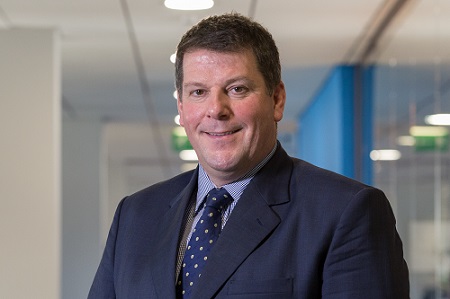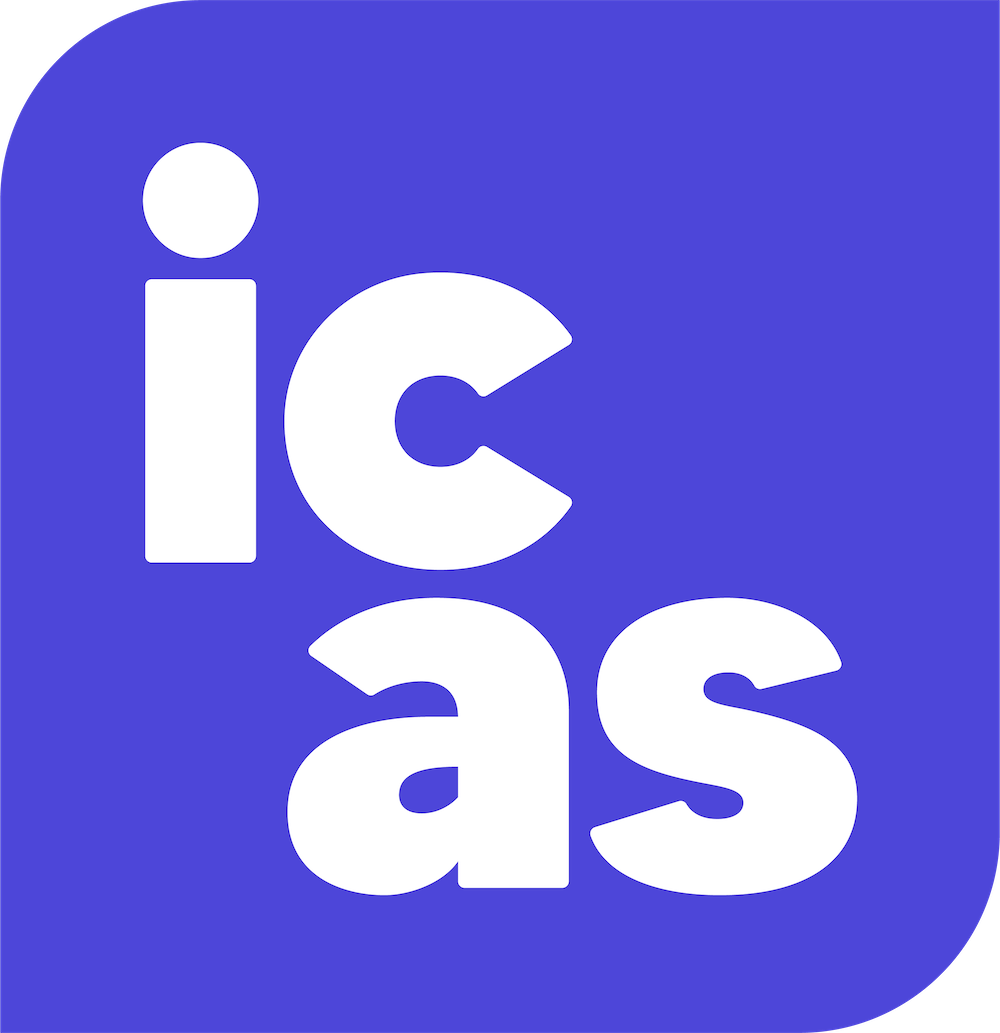Bruce Cartwright: What does the future of accountancy hold?

Bruce Cartwright
The accountancy profession faces a pivotal moment amidst rapid global change, writes ICAS chief executive Bruce Cartwright CA, discussing the future of the profession as the role of accountants evolves with the needs of society and stakeholders.
At a time when the world is evolving faster than ever before, many are questioning what the future might look like for the accountancy profession.
For 170 years ICAS has remained relevant in a constantly changing world; this hasn’t been by chance, but the result of careful planning to make sure that we provide the profession with the skills, guidance and regulation to act as trusted advisors to society at large, in all sectors around the globe. Our membership spans far beyond Scotland, and 83% of FTSE companies employ a CA in their senior team.
The challenging economic climate, the pace of emerging technologies, the developing sustainability arena and the current state of geopolitics are all major drivers for our profession to deliver value, ethical leadership and insight for the benefit of society. We are at a pivotal time in history, where cumulative influences are calling for significant change, so we must act now.
In response, ICAS has launched Shaping the Profession (StP), an exciting new programme of activity to examine, consider and map out an ambitious future for accountancy.
Our programme aims to make sure that the accountants and financial professionals of tomorrow can deliver services that truly meet the needs and expectations of a rapidly expanding list of stakeholders. These include shareholders, investors, employers, businesses, governments and of course, the public at large.
ICAS has public interest at its core, it’s enshrined in the Royal Charter that founded us in 1854 and is a responsibility we take seriously. In beginning our StP programme, we’ve committed to stepping outside the narrow sphere of the profession itself to find out what those outside of it think. This will allow us to define and better understand the societal needs and interests that we need to fulfil, both now and in the future.
We already know what some of these needs are, such as interpreting financial data and supporting informed decision-making, but our programme will test these against tomorrow’s requirements. Some will no doubt continue to be core to the public interest mandate we serve, while others will need to be transformed or may no longer be relevant at all. We are resolved to expand our understanding from the perspective of those we seek to serve – wider society, those who use our services, as well as those within the profession.
Programme prioritisation
Clearly the field is vast and as we strive to be bold and radical in our approach, we need to focus our efforts where it matters most. We’ve identified five areas of work, which will shape the StP activity to come:
1. Societal and stakeholder needs
The ‘public interest’ role and the contribution accountants can make. We’ll focus on finding out what society needs from the profession and how we can create better value for society through, for example, sustainability driven decision-making. We will also ask questions about the nature of trust and of trusted sources of information.
2. What is a professional?
What are the distinctive characteristics and duties of a professional? We’ll explore the values and competencies expected of professionals to define what a 21st century professional might look like. This includes considering whether their ethical role and contribution should be extended, and if ‘professionalism’ in its strictest sense (i.e. being a member of and bound by the competency and conduct requirements of a professional body) will still matter in the future.
3. The impact of technology, including AI
We’ll consider how technology is changing what society expects and values from professionals, and how professionals can best fulfil those needs. We want to look at how technology is redefining the role of accountants and how it might look in the future, including how the profession will need to adapt to these changes. Central to this is considering how technology could impact ethical leadership and the importance of human judgement.
4. Building an exciting and fit for purpose profession for future generations
We will build on our findings to equip future accountants with the relevant skills, capabilities and knowledge to deliver value to society. And in doing so, we’ll ensure that accountancy remains a valued, purposeful and exciting profession for tomorrow.
5. Regulation
We’ll consider the potential need for a shift in the approach to regulation, taking a more holistic view and being clear on the purpose and objectives of regulation. For instance, is regulation a means to an end, should it be objectives and outcomes focused rather than about rules?
StP is an ambitious project, which hopes to ultimately shape the profession of the future. To deliver real impact, the project will need a collaborative approach with partnerships both within the accountancy profession and out with. We know that change is required and that the stakes are high. But we are not scared to ask the hard questions and while we don’t have all the answers yet, we are working towards them.
As an agent for change, ICAS is embracing and welcoming disruption to ensure our profession is fit for the future. Look out for insights and activity as our StP programme develops.

Bruce Cartwright CA is chief executive of ICAS










